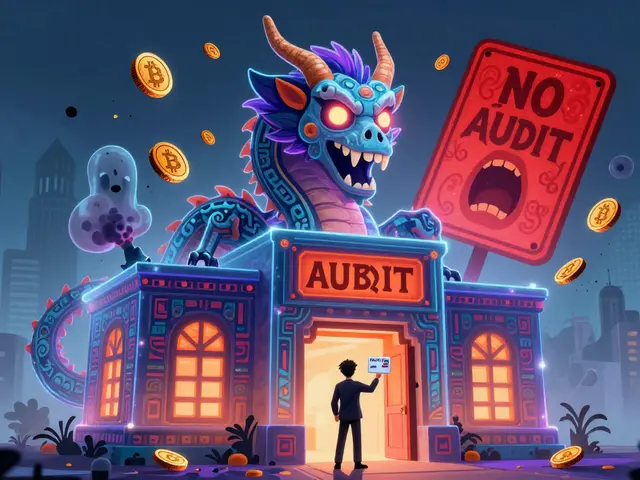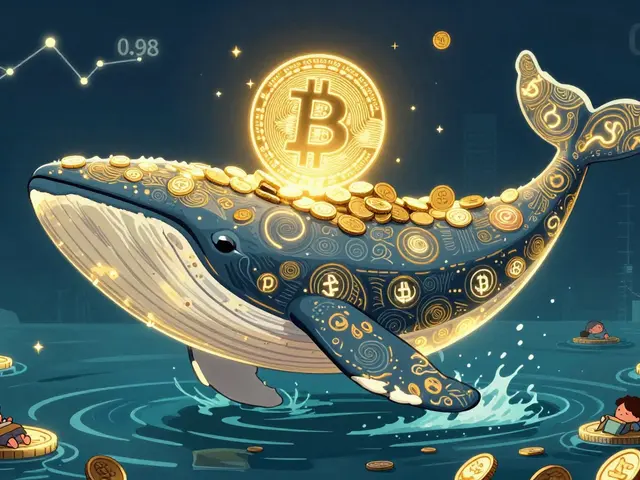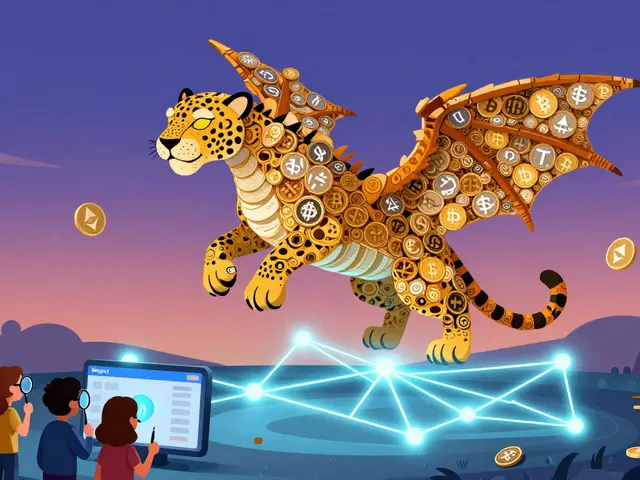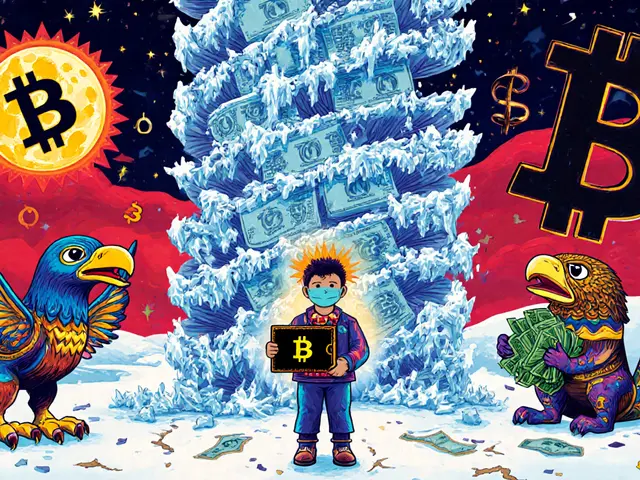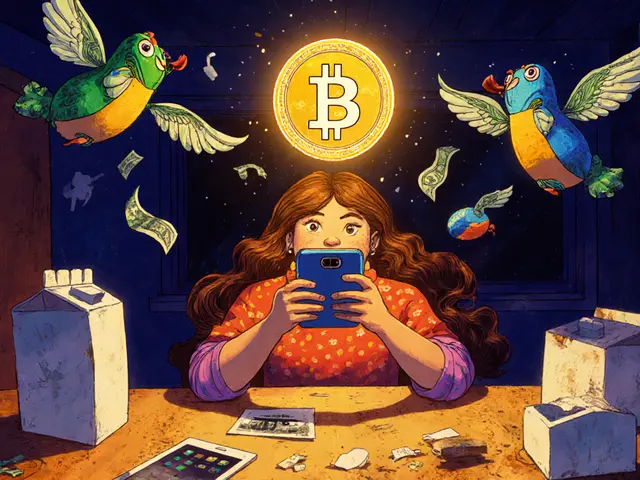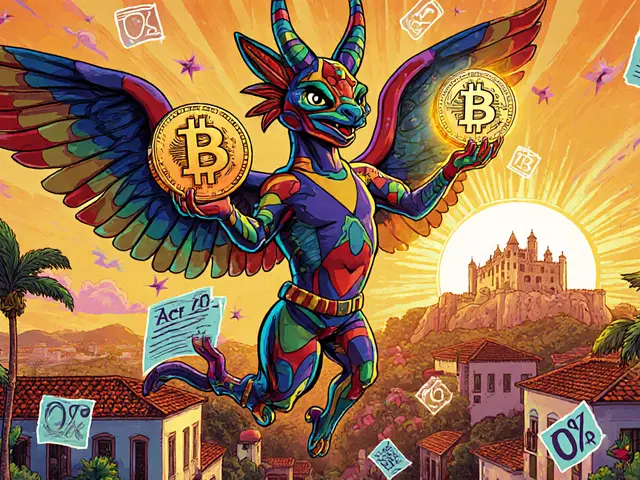DogemonGo Airdrop 2025: What It Is, Who’s Behind It, and Why You Should Be Careful
When you hear about a DogemonGo airdrop 2025, a rumored crypto reward tied to a mobile game that doesn’t exist, your first instinct might be to jump in. But here’s the truth: there is no official DogemonGo project, no team, no whitepaper, and no blockchain contract tied to it. It’s a ghost name being used by scammers to trick people into connecting wallets, sharing private keys, or paying for fake access. Real airdrops don’t ask for your seed phrase. They don’t rush you. And they don’t appear out of nowhere with hype but zero proof.
People confuse DogemonGo with real blockchain games like Radio Caca, a verified project that gave away RACA tokens through Metamon NFT participation or Automata Network, which distributed ATA tokens to users who actively used its privacy tools. Those projects had public roadmaps, active communities, and transparent token distribution rules. DogemonGo has none of that. It’s a copycat name—likely stealing attention from Pokémon GO and Dogecoin—to lure in people who don’t know how to spot a fake.
What makes this worse is how common this tactic has become. Scammers create fake airdrop names using popular words like "Go," "Token," or "NFT" and post them on Telegram, Twitter, and Reddit. They use fake screenshots of wallets receiving tokens, fake countdowns, and even fake YouTube tutorials. The goal? Get you to click a link that drains your crypto. Real airdrops are announced on official websites, verified social accounts, and often require you to complete simple tasks like holding a token or joining a Discord—not signing strange smart contracts.
If you’re looking for actual crypto rewards in 2025, focus on projects with real activity: trading volume, team members with LinkedIn profiles, code updates on GitHub, and community discussions that go beyond "free tokens!" Check if the project has been listed on CoinGecko or CoinMarketCap. Look for audit reports from firms like CertiK or Hacken. And never, ever give out your private key—even if someone says it’s "for verification."
Below, you’ll find real examples of airdrops that worked, projects that vanished, and how to tell the difference between a genuine opportunity and a trap. This isn’t about chasing hype. It’s about protecting your assets while finding real value in Web3.


